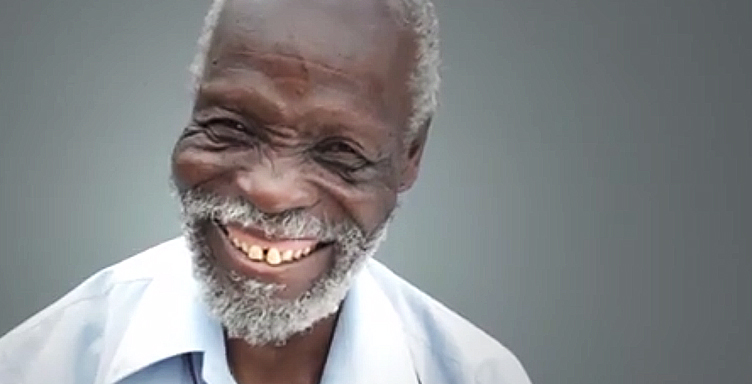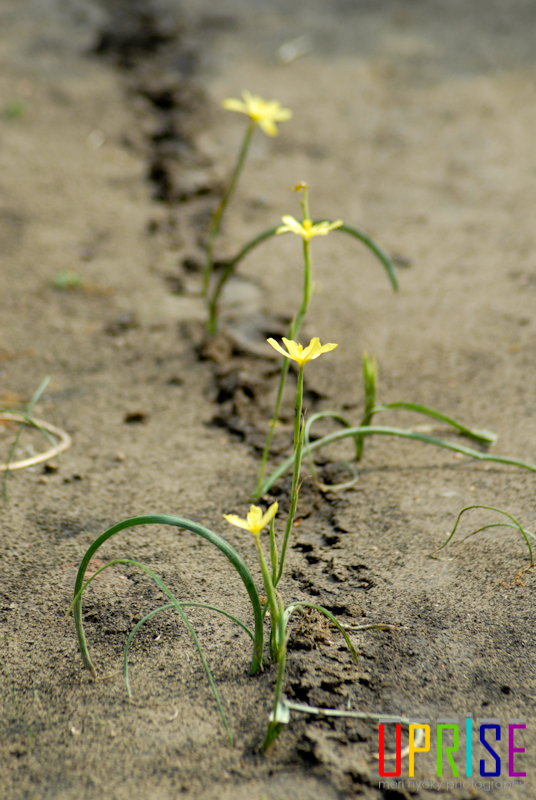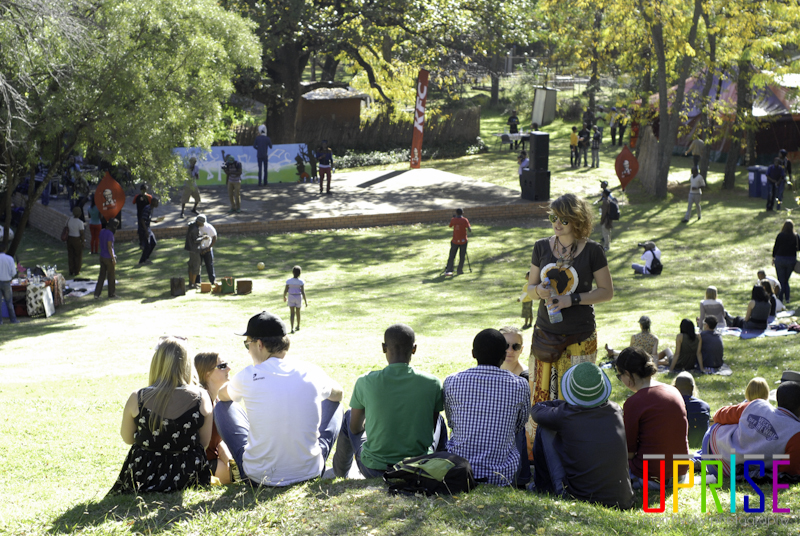Originally posted in Lesotho Times
By Ntsebeng Motsoeli
MASERU — After an exhausting day in one of the textile factories in Ha-Thetsane, 47-year-old old Molise Malebo wearily trudges home late Tuesday afternoon.
Walking alongside him are hundreds of other workers who are too poor to afford the five maloti fare to catch a taxi home in Mankoaneng and Liphakoeng, two working class villages, not far from the sprawling Thetsane industrial zone.
Malebo and his colleagues are carrying buckets of water.
He says the unavailability of water in his village has been a pain in the neck for villagers for four decades.
Now many resort to carrying buckets of water on their way home from work.
As far as he can remember, villagers in Mankoaneng and Liphakoeng have always grappled with a shortage of clean drinking water.
The problem has however worsened in recent years as job seekers flocked to Mankoaneng and Liphakoeng to get closer to the Thetsane industrial area.
“We have been living in this misery for over 40 years. Things got worse when more people settled here to look for jobs in the factories,” says Malebo.
He says in the 1970s they thought things were going to get better after the government installed water taps in the villages.
But the arrangement did not last long as the authorities inexplicably shut down the system.
“We then had to draw water from spring wells along the hill. The wells are a health scare. They are uncovered. With lack of sanitation in our villages, the wells may be contaminated with waste matter,” he says.
To deal with the crisis the Water and Sanitation Corporation (WASCO) earlier this year supplied two 10 000 litre-tanks for the two villages to collect water.
Villagers pay M2 to get 20 litres of water. An average family of five may need at least M20 daily to have about 120 litres of water for drinking, cooking and doing other household duties.
This means one family would have to pay not less than M600 a month on water.
With most textile industry workers earning monthly wages ranging between M833 and M980 water has proved to be unaffordable for many.
Many people, Malebo says, cannot afford to buy water for household chores.
“There are still many people who rely on water from the wells because they do not have money to buy water,” he says.
Malebo, who is the chairman of the water committee in the village that is mandated with persuading government to pump water to the villages, says many meetings with those in authority have not been fruitful.
He says that promises have been made that clean water would be pumped to their villages but nothing has happened.
“Last year in November we asked Ntate Thahane (Water Affairs Minister) to come and visit us to see the situation we are in. He did not even want to go to see the wells. He said he was sorry that we did not have clean water. He promised to look into the matter. But we have not heard from him since he left,” he says.
This week villagers poured their hearts during a discussion held following the screening of a feature film, The Darkest Hour, which seeks to raise awareness about how lack of clean water affects the lives of Lesotho’s poor.
The film was produced by Siyakhona Media Studio, a project under Kick4Life.
Aupa Motjope says while the well-off suburb of Thetsane was built long after them, they have access to clean water while they do not.
“Our village has been there for a long time. Our parents were also struggling to get clean water. Today so many years later our children are still struggling to get water. Our government seems not to be bothered a bit by this situation,” Motjope says.
Molleloa Tsanyane rents a flat in Mankoaneng. She says she does not remember when her blankets and laundry got a decent wash.
“Water is too expensive. I cannot afford enough to do my laundry well. Other than that we collect it from very far where we carry it on our heads,” Tsanyane says.
‘Mamoroke Moroke hopes that she did not waste time putting her signature on a documents designed by Siyakhona Media Studio to pressure the government to supply water to people.
“We have been in and out of government offices to find someone who can help us get water. Nothing has been done. We hope that signing this document will just emphasise to the government how serious this matter is,” Moroke says.
Kick4Life and Transformation Resource Centre are collecting 10 000 signatures on a petition demanding access to clean, drinking water.
The petition will later be presented to the government on behalf of those affected.
Justice Maqelepo of Siyakona Media Studio says their argument is that Lesotho has plenty of clean water that it exports to South Africa.
“There is no use to brag about the water that we have while so many of our poor people do not have access to clean water. We are pushing for inclusion of water in the constitution. The constitution should make it an offence when people do not have access to clean and stable water supply,” Maqelepo says.
Water and sanitation are featured under the Millennium Development Goal (MDG) seven that seeks to ensure environment sustainability.
Slow progress has been observed on the goal that is supposed to be met in two years.
Efforts to get comment from the Water Affairs ministry were not successful.






